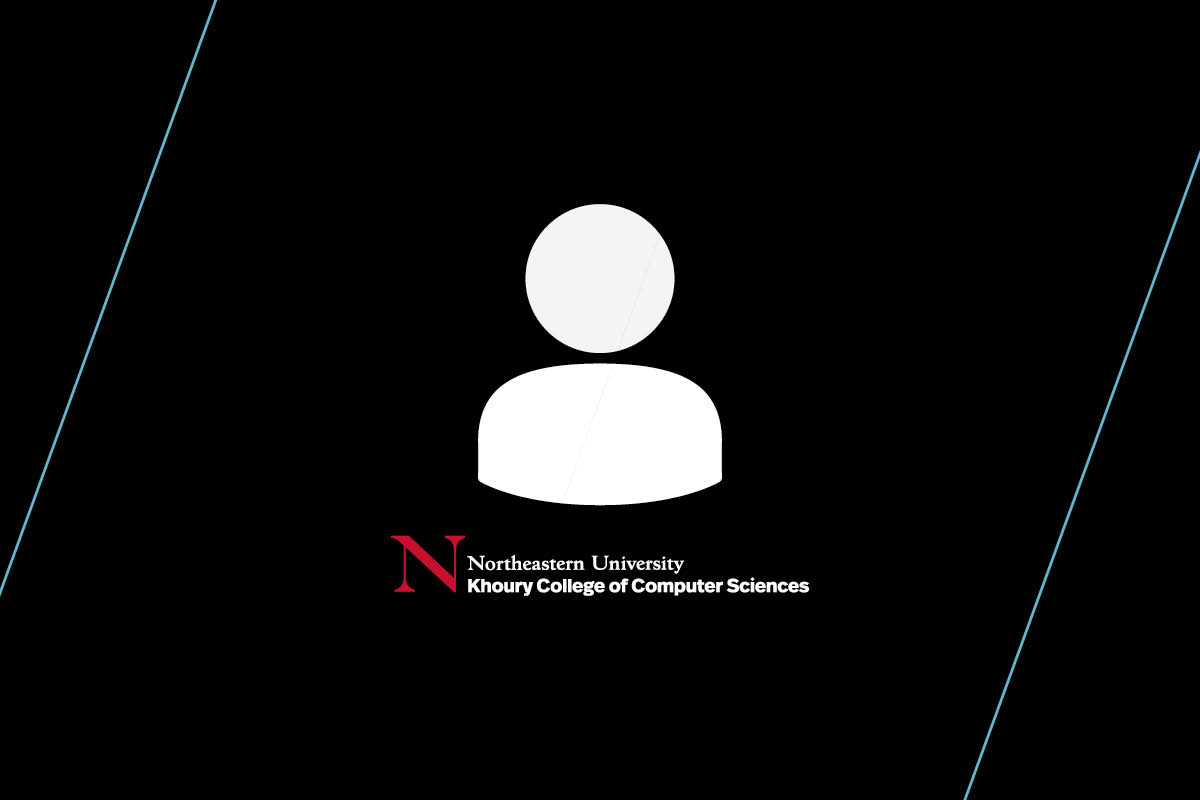Qu Tang
PhD Student

Education
- MS in Electrical Engineering, Northeastern University
- BS in Opto-Electronics, University of Electronic Science and Technology of China - China
About Me
- Hometown: China
- Field of Study: Computer Engineering
- PhD Advisor: Stephen Intille
Biography
Qu Tang is currently a PhD student studying computer engineering at Northeastern University's Khoury College of Computer Sciences and College of Engineering, advised by Professor Stephen Intille. He is a research assistant in the Mobile Health Research Group, and his primary research interest is in mobile/pervasive computing, physical activity recognition and personal health informatics, especially in real-time sensor monitoring and activity recognition, human-in-loop/active learning, and health data mining. He is enthusiastic in applying engineering and computer science technologies to personal health monitoring, measurement and behavior intervention. Currently, he is working on a real-time physical activity (PA) measurement system aiming to produce a large, high quality, and realistic PA dataset. The system uses the latest Android technology (smart phone and smart watch) as a sensing platform, and uses EMA (Ecological Momentary Assessment) and an interactive data visualization and annotation modules to collect just-in-time feedback.
Previously, Qu also worked on developing activity recognition algorithms using machine learning to detect smoking behavior and to monitor autism motion patterns. Qu earned his master's degree in electrical engineering at Northeastern University in 2013, and his bachelor's degree in opto-electronics at the University of Electronic Science and Technology of China (UESTC) in 2010.
What are the specifics of your graduate education (thus far)?
- Data mining and activity recognition on human activity data.
- Mobile sensing and recognition system design.
What are your research interests?
My research focuses the most on the accurate, robust online detection of human activities. I design new algorithms for human activity recognition, and design mobile sensing systems to validate the algorithms. I'm currently actively working on designing algorithms, and collecting validation data for the desired system.
What’s one problem you’d like to solve with your research/work?
The ultimate goal of mine is to use these systems to improve humans’ health behaviors or lifestyle choices.
What aspect of what you do is most interesting?
The most fascinating part of my research is that it combines multiple aspects of knowledge (both technology and health science) together, to create something that could be realistically useful and beneficial for the wellbeing of humans. It relates very closely to everyone's daily life and its results have a direct impact on everyone's life style.
What are your research or career goals, going forward?
Ultimately, I would like to work in a highly innovative environment (research department or tech company) to create useful sensing systems for specific health goals.
Projects
-
Signaligner Pro
Lead PI: Stephen IntilleCo PIs: Aditya Ponnada, Seth Cooper, Qu Tang, Binod Thapa Chhetry